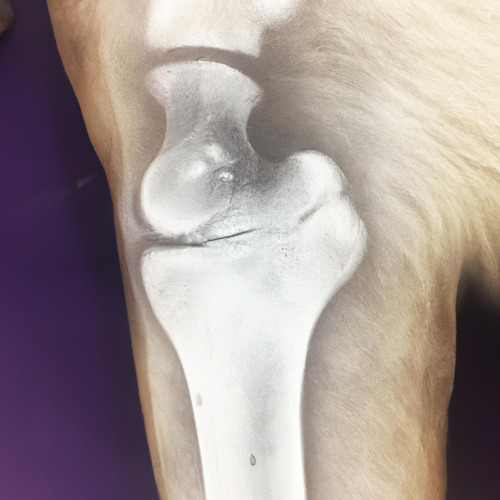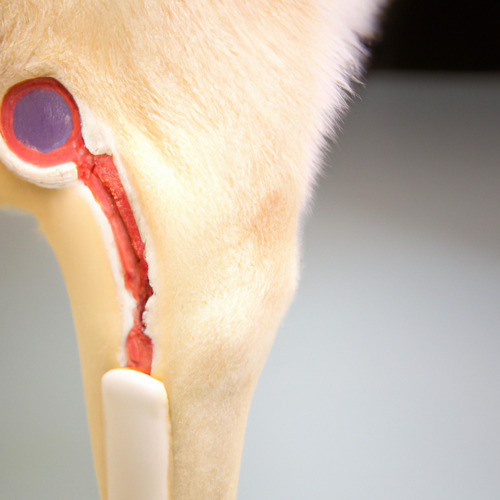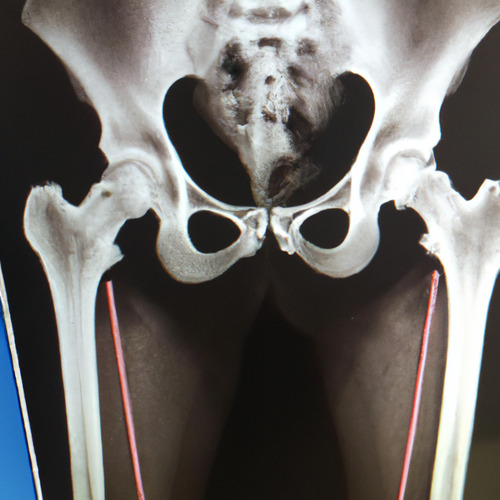Hypothyroidism - What Every Dog Owner Needs To Know
health
Hypothyroidism is a hormonal disorder that occurs when the thyroid gland, located in the neck of a dog, does not produce enough hormones. The thyroid gland is responsible for regulating the metabolism, and when it doesn't function properly, it can lead to a number of health issues.
Early Signs to Look Out For
The early signs of hypothyroidism in dogs may not be obvious, but it's important to be aware of any changes in your dog's behavior or appearance. Some common early signs of hypothyroidism include:
- Decreased energy levels and sluggishness
- Unexplained weight gain, even with a healthy diet
- Dry, dull, or thinning coat, or hair loss
- Decreased appetite or hunger
- Increased sensitivity to cold temperatures
- Increased thirst and frequent urination
Symptoms to Watch For
The symptoms of hypothyroidism can be gradual and can worsen over time. Some of the most common symptoms include:
- Muscle weakness or tremors
- Slow heart rate
- Cognitive dysfunction such as memory loss or confusion
- Anemia (low red blood cell count)
- Recurrent infections
- Behavioral changes such as increased irritability or anxiety
Treatment Options
If you suspect that your dog may have hypothyroidism, it's important to take them to the vet for a proper diagnosis. The vet will perform various tests, including a complete blood panel and a thyroid hormone test, to confirm the diagnosis.
If your dog is diagnosed with hypothyroidism, treatment usually involves daily medication in the form of thyroid hormone replacement therapy. This medication helps regulate the thyroid gland and restore normal hormone levels. With proper treatment, most dogs with hypothyroidism can live long and healthy lives.
Preventative Measures
Unfortunately, there is no guaranteed way to prevent hypothyroidism in dogs. However, there are steps you can take to reduce the risk of developing the condition, such as:
- Feeding your dog a balanced diet
- Keeping your dog at a healthy weight
- Regular veterinary check-ups
- Minimizing exposure to environmental toxins
- Avoiding certain medications that can interfere with thyroid function
Prognosis for Dogs with Hypothyroidism
With prompt and proper treatment, the prognosis for dogs with hypothyroidism is generally positive. Most dogs respond well to thyroid hormone replacement therapy and are able to lead long and healthy lives with few symptoms. Keep in mind that every dog is unique and the severity of the condition can vary, but with the right care and attention, your dog can live a happy and healthy life.




